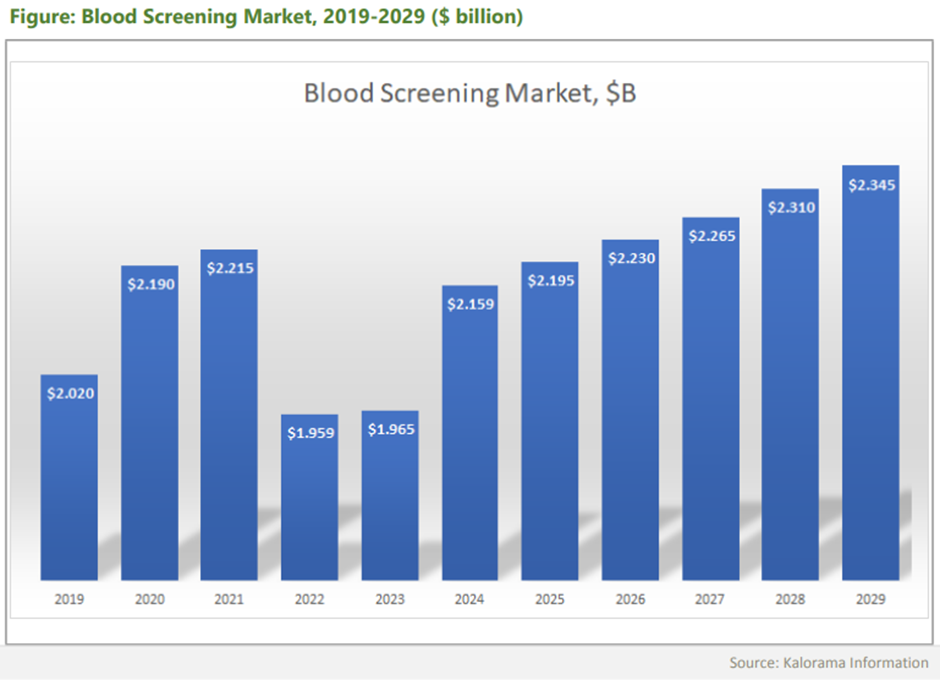Can anyone be a thought leader?
When I asked this question in our office, it was interesting to see the polar opposite views. My immediate response was ‘no’ whilst others answered ‘yes’. The term ‘thought leader’ is being used with increasing frequency and seems to refer to any type of expert in a given field, in fact some companies self-proclaim to be thought leaders as part of their online presence.
 However, being a thought leader is about more than just knowing your topic. It’s a combination of expertise, time served in your industry, giving of yourself and your knowledge, inspiring others with innovation of ideas or product, being authentic, and sharing that knowledge through a variety of platforms, which today includes social media.
However, being a thought leader is about more than just knowing your topic. It’s a combination of expertise, time served in your industry, giving of yourself and your knowledge, inspiring others with innovation of ideas or product, being authentic, and sharing that knowledge through a variety of platforms, which today includes social media.
If you are serious about becoming a thought leader in your field, there are some questions that you need to ask of yourself before you strive to achieve this goal:
- Somebody else has to declare you a thought leader, it is not a self-imposed title that can be used at will. How well-connected are you in your industry and do other influencers respect your opinion such that they might refer to you as leading the industry debate?
- How well connected are you in terms of your social media presence? These days, to be an influencer, you need to be well connected with your audiences, regularly sharing insight, knowledge, inspiration and value.
- Are you prepared to say something new, to be a force for change in your chosen field, to disrupt the status quo?
It has become easier to take someone’s word for it that they are a thought leader with scant evidence of their abilities or right to the claim. The only check that seems to be undertaken is whether that person has the academic right to comment on the issue; are they a ecologist talking about the environment, for example.
Indeed, in a blog on the subject, James O’Brien points to the issue of self-proclaimed thought leaders and the plethora of websites that claim to give you the ‘Six Easy Steps to Thought Leadership’ or similar shortcuts. He summarises by stating: “If we don't reject the self-nominators‚ then we're allowing any number of "wannabe" thought leaders to dilute the very meaning of the term…..Our cups won't runneth over; what's in them will just be watered down.”
I personally take the view that a thought leader is someone to be respected because of their ability to take their knowledge and experience and use it to make positive changes – to inspire others to better themselves, to create something new – a better future, an easier to use product, a way of thinking that will make the world a better place for my children.
As communications professionals, we often help elevate the clients that we have, who are already industry experts, into thought leaders, but we are always clear that they also have a role to play. An expert who relies entirely on communications’ experts to make them a thought leaders, without working in partnership, or dedicating some of their time to it, will struggle to achieve true, authentic thought leadership. At The Scott Partnership, we help our clients to gain more traction in their markets through a good agency-client relationship that enables us to echo their decades of expertise in all external communications – a skill in itself.
So can anyone be a thought leader? I believe the answer to this is no, because it takes time and real effort and not everyone has the dedication it takes to go the distance.
Do you want to know more about thought leadership and how it could help your business? Give us a call on +44 (0) 1477 539539 or email business@scottpr.com.






